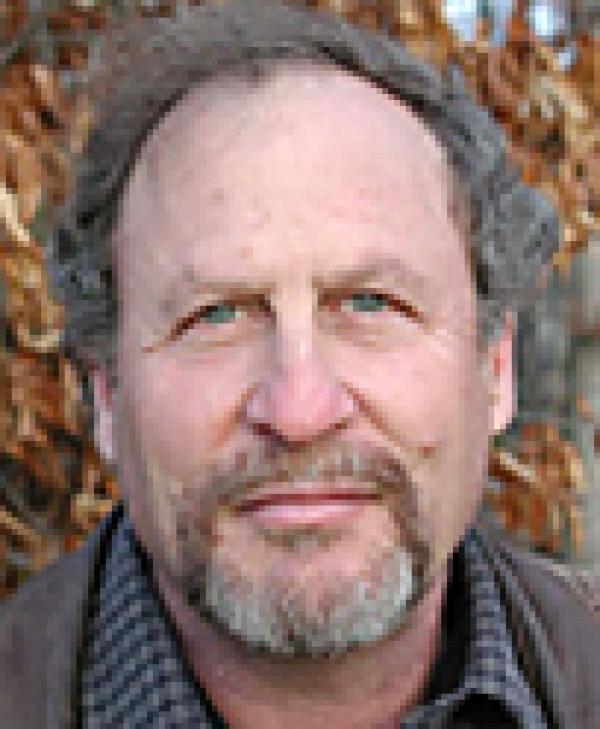Wayne Karlin

Bio
Wayne Karlin is the author of six novels and two memoirs. He has also co-edited and adapted translations of writers from Vietnam, including the anthologies: The Other Side of Heaven, which received a Critics' Choice Award for 1995-1996, and Love After War, a collection chosen by The San Francisco Chronicle as one of the 100 best books of 2003, both from Curbstone Press. Karlin has received Maryland Individual Artist Awards in Fiction, the Paterson Prize in Fiction, and the Vietnam Veterans of American Excellence in Arts Award. He received his first NEA fellowship in 1993.
Photo by RogeAuthor's Statement
Like many writers of literary fiction, I do not make a living from my published work; like many writers, I also teach--and usually can not afford to take off summer or winter breaks in order to write. During the regular school year I teach five classes a semester, a demanding schedule, not only because of the time it takes to prepare, lecture, grade, meet, mentor, etc., but also because of the passion and emotional energy needed to make courses interesting and effective. The latter is both why I love teaching...and why it is both emotional draining and time devouring. Receiving the NEA grant truly enabled me to take the time I needed both for research and simply in order to sit down and work creatively - time that, to date, has resulted in three books that would otherwise probably not be in the world. My own, biased view, is that having those books in the world is largely a good thing, and I’m grateful to the NEA for agreeing with that assessment, and for allowing other readers to have the chance to decide that for themselves.From the novel The Wished-for Country
Ezekiel’s Song
At times, when I was so tired that my dreams and the hard light of day bled into each other, I wondered if two men, alone in the strange forest of a strange land, would not have to find each other, no matter that one was master, one slave. Then you're still a fool, I heard my name-giver tell me. Hallam worked me like a beast of burden, spoke to me less than he would a mule. We cleared trees, planted, repaired the abandoned Yaocomaco longhouses he wanted to use as living quarters and outbuildings. The main longhouse was small for a Piscataway dwelling, only perhaps twenty feet by five feet: the larger ones I had seen would embrace generations of Indians. My first sight of one of those gatherings, old and young flesh packed together, knitted by smoke and laughter, had threaded a memory back to Dahomey, though perhaps it was only my own emptiness that pulled the shimmer and shadow of those African houses into my mind.
The longhouse Hallam had taken was tight-built, its frame of ashwood arches softened in the river, bent around a form of pegs set just in the water; a trap door smoke hole in the ceiling, a latticed overhead platform, all neat and airy, and none of that truly of concern to me, for from our first night Hallam had me crawl into the small pen, roofed with woven locust wood branches, next to the longhouse and I had been shackled to the centerpole, and shackled every night afterwards, and whenever Hallam went off to hunt, and weeks later when Hallam finally stopped doing that, it was as if he was telling me that I had been fit for the feel of the shackle whether its weight and grasp were on my skin or not.
For the first time in my years as a slave what had made me valuable and kept me alive and even sometimes privileged--the skill of my hands--was now my enemy, hated by my master, as if their power leached off the power of his own, Hallam's, hands. I cleared stumps and planted two acres of tobacco, and no corn, though it was Calvert's law to plant one acre of that crop for each of the other. Hallam hunted and fished and trapped beaver instead and kept me on the edge of hunger. I worked the tobacco when it came up until my hands were stripped of flesh, pulling the tough skin-cutting weeds from around the plants, pulling off the green horned worms one by one from the leaves, hauling fresh water from the spring, hundreds of cupped green hands demanding to be filled. My hands were stripped and bent and I feared for the loss of their cunning. Once, stooped over a row of tobacco plants I saw Hallam looking at them. It was one of the few times I saw a smile on the man's face.

